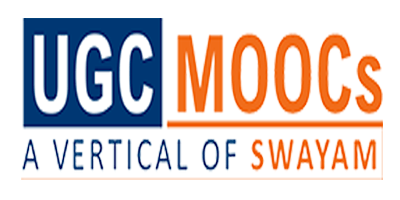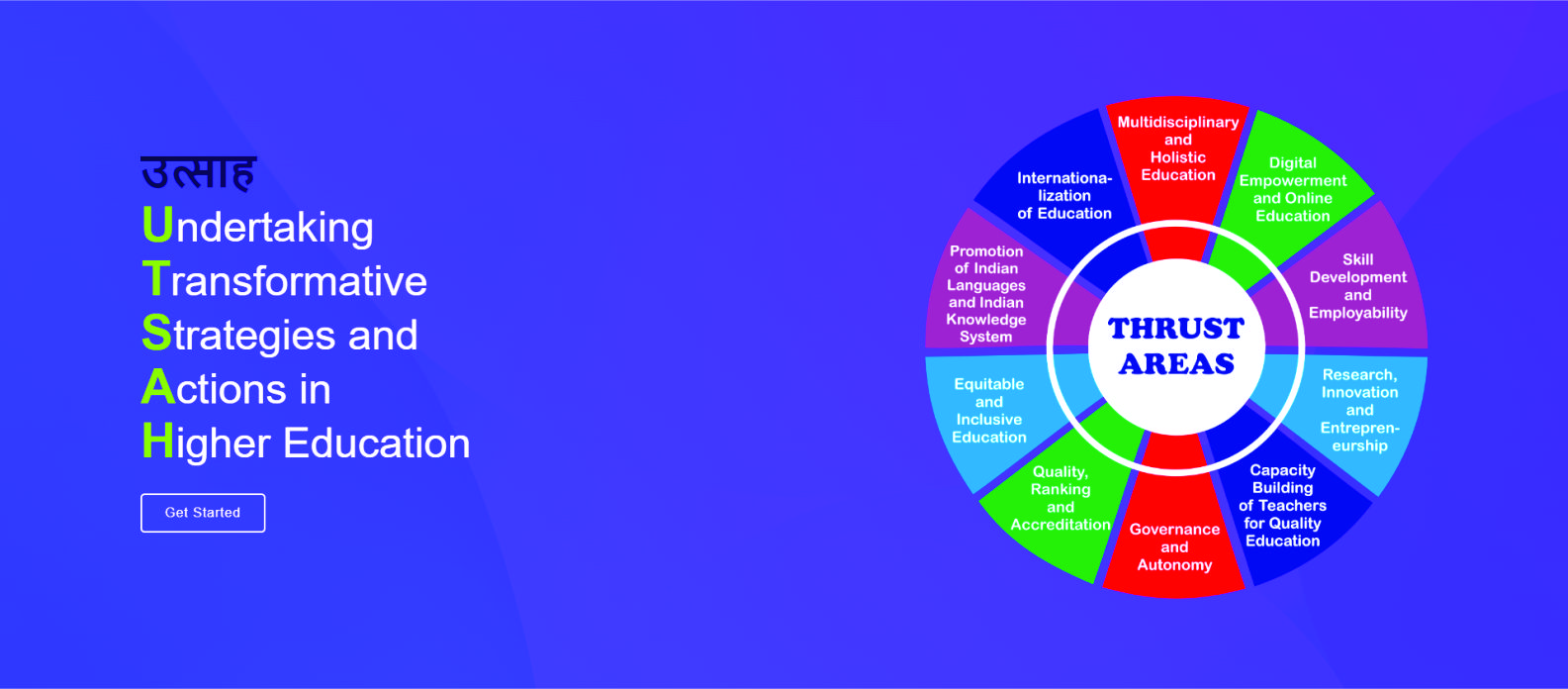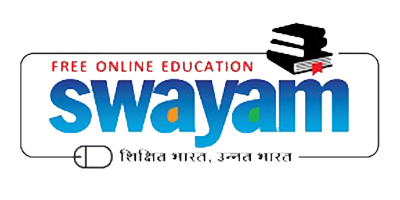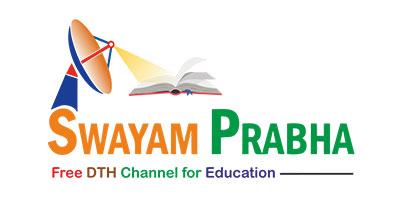
Best Practices of the Department
- Integration of Theory and Fieldwork: The Department has a long-standing tradition of blending classroom learning with intensive fieldwork. Students are placed in NGOs, industries, government institutions, healthcare facilities, correctional settings, schools, and rural communities. This practice ensures experiential learning and professional readiness.
- Robust Placement Cell: The department runs a strong placement system, securing opportunities for MSW graduates in reputed organizations such as Azim Premji Foundation, Teach for India, Bandhan Konnagar, Udyogini, Pravah, and several grassroots NGOs. This practice reflects strong industry–academia collaboration and enhances employability.
- Community Engagement and Outreach: More than 30 villages are regularly engaged through health, education, livelihood, and women’s empowerment programs. Notable initiatives include blood donation camps, women’s rights rallies, and community organization projects, often conducted in collaboration with local and international partners.
- Workshops and Skill-Building Initiatives: The department organizes specialized workshops on professional growth, PRA tools, empathy and role play, counselling methods, and innovative therapies such as colour therapy. These enrich students with diverse skill sets beyond conventional curricula.
- Active Research and Publications: Faculty and research scholars are actively engaged in high-quality research, securing funded projects (e.g., rural engagement, Kantha workers’ ethnography, intangible cultural heritage studies). The department publishes its own peer-reviewed Journal of Social Work and Social Development, listed in UGC-CARE, reflecting its academic rigor.
- International Collaboration and Exposure: Regular participation in international seminars, conferences, and mobility programs with universities abroad (e.g., Switzerland and Canada) provides global perspectives to students and faculty, while also fostering cross-cultural exchange.
- Promotion of Inclusive and Sustainable Development: Consistent focus on marginalized communities (tribals, artisans, women workers, disabled persons) through academic and extension programs demonstrates a socially responsive and inclusive approach aligned with Sustainable Development Goals (SDGs).





